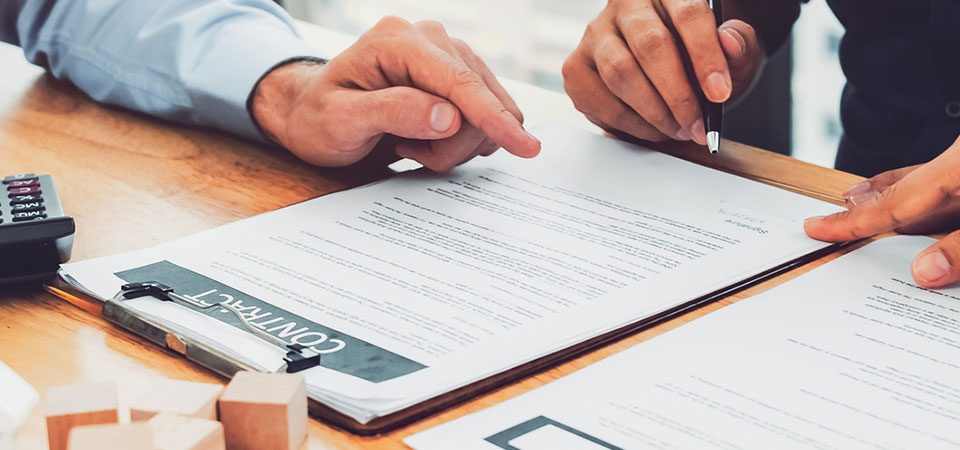
I Want to Donate My Organs When I Die: 5 Simple Steps
September 10, 2020
BANKRUPTCY PROTECTION FOR YOUR CALIFORNIA HOME JUST GOT A BIG BOOST
October 10, 2020
Typically, individuals who find themselves with more debt that they can manage typically have three options available to deal with the problem. The three options are: Chapter 13 bankruptcy, Chapter 7 bankruptcy, and debt consolidation. Each of these strategies has both advantages and disadvantages. At least one of them will usually make debt reduction easier for a consumer in need of debt relief.
CHAPTER 13
A chapter 13 is designed for people who have regular income and at least some money available to pay back their debt. People choosing Chapter 13 pay back their unsecured debt such as credit cards and personal loans under the terms of a plan which they propose to the bankruptcy court. Such plans reduce debt by allowing the consumer to repay their debts based on the amount of “disposable” income they have after necessities are paid. In other words, consumers pay back what they can afford to pay. The amount that consumers pay on unsecured debts in a Chapter 13 varies between zero percent and one hundred percent, depending on how much the consumer has available to repay that debt. A chapter 13 plan lasts for three to five years. What’s not paid back in the plan is wiped out when the Chapter 13 plan is completed.
One big advantage of Chapter 13 is that consumers can pay back their debt without interest. For people who have high interest credit card debt, this alone makes paying in a Chapter 13 plan much easier than paying outside bankruptcy. A second advantage of a Chapter 13 is that the trustee does not confiscate property to pay your creditors. The payment plan is based on the consumer’s amount of available regular income.
Chapter 13 is particularly attractive for people who have fallen behind on car loans or mortgage loans. Chapter 13 allows three to five years to catch up the payments that have fallen behind, while keeping the house or the car. Outside bankruptcy, lenders may give you no time to catch up the loan or at most may give you two to six months to pay the arrears. A chapter 13 can make the difference between keeping or losing your car or home.
CHAPTER 7
Chapter 7 is an extremely attractive option for people with very little disposable income and whose debt is primarily credit cards and personal loans. A Chapter 7 wipes out such debts without a repayment plan. To qualify for Chapter 7 the amount of income you are allowed after paying for necessities is quite limited. Typically, individuals can have only about $100 per month in net income.
In Chapter 7 or Chapter 13, the court defines what’s a necessity and what’s not. For example, veterinary bills and pet food are generally not considered necessities by the court, although you and your cat or dog probably do consider them necessities. Paying your child’s college costs probably seems like a necessity to most parents, but the bankruptcy court disagrees. If your child is under 18, you can count secondary school tuition in your bankruptcy budget, but you cannot count college expenses for anyone over 18.
All your debts and assets must be itemized in either a Chapter 13 or a Chapter 7 bankruptcy. You can’t pick and choose which debts or assets you wish to include. The disadvantage of a Chapter 7 is that the trustee will take any property not protected under the state’s exemption statutes. However, most people can protect all their property under existing statutes and don’t lose any property when they file a Chapter 7. A consumer who has substantial unprotected property may find a Chapter 13 more attractive.DEBT CONSOLIDATION
Debt consolidation can be attractive for consumers who are able to pay most of their debt on time, but have one or two debts that need payment arrangements. In debt consolidation you can pick and choose which debts you wish to include in your debt consolidation plan; however, debt consolidation does not have the power of the federal courts to enforce its agreements. The consumer must investigate the debt management company to be sure that they are an honest and reliable company.
Whether a debt consolidation plan will actually help a consumer, depends on what the debt consolidation company can negotiate. While Chapter 13 mandates zero percent interest on unsecured debts, debt consolidation can be at any interest rate. A debt consolidation company may be able to negotiate a reduced interest rate, but nothing guarantees that they can match the zero percent in a Chapter 13.
Debt consolidation companies may be able to negotiate a reduced balance on consumer debt. Unfortunately, if a reduced balance is negotiated, consumers must pay taxes on the amount that is eliminated, as if the reduced balance were income. Chapter 13 bankruptcy may reduce the balance you have to pay if your disposable income shows that you cannot pay the full balance in your 3 to five year plan. There is no tax liability for debts forgiven in bankruptcy.
Call an experienced bankruptcy attorney to discuss your options.
Ms. Medrano is an experienced bankruptcy attorney practicing In Southern California. She is a graduate of Cornell University and Cal Western School of Law.

